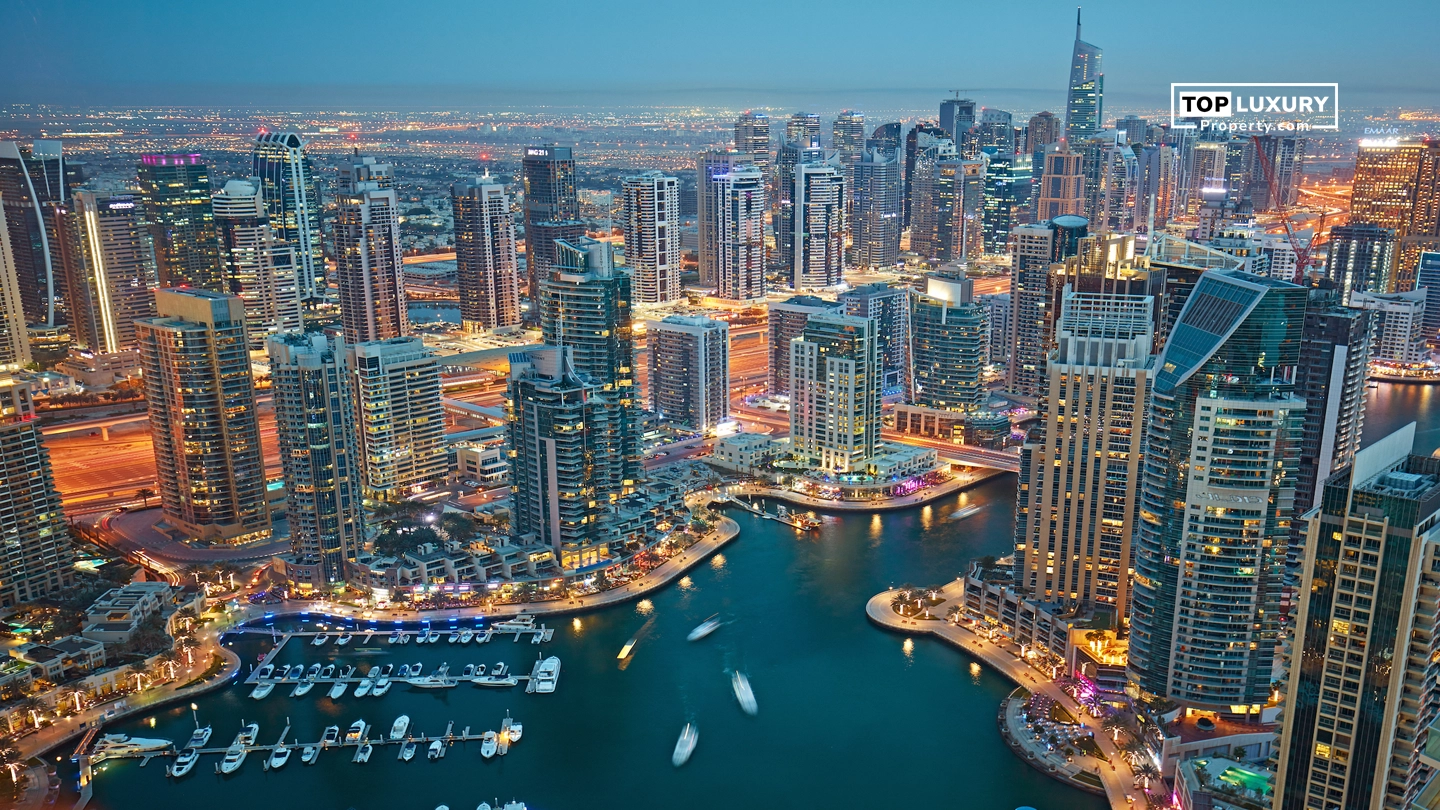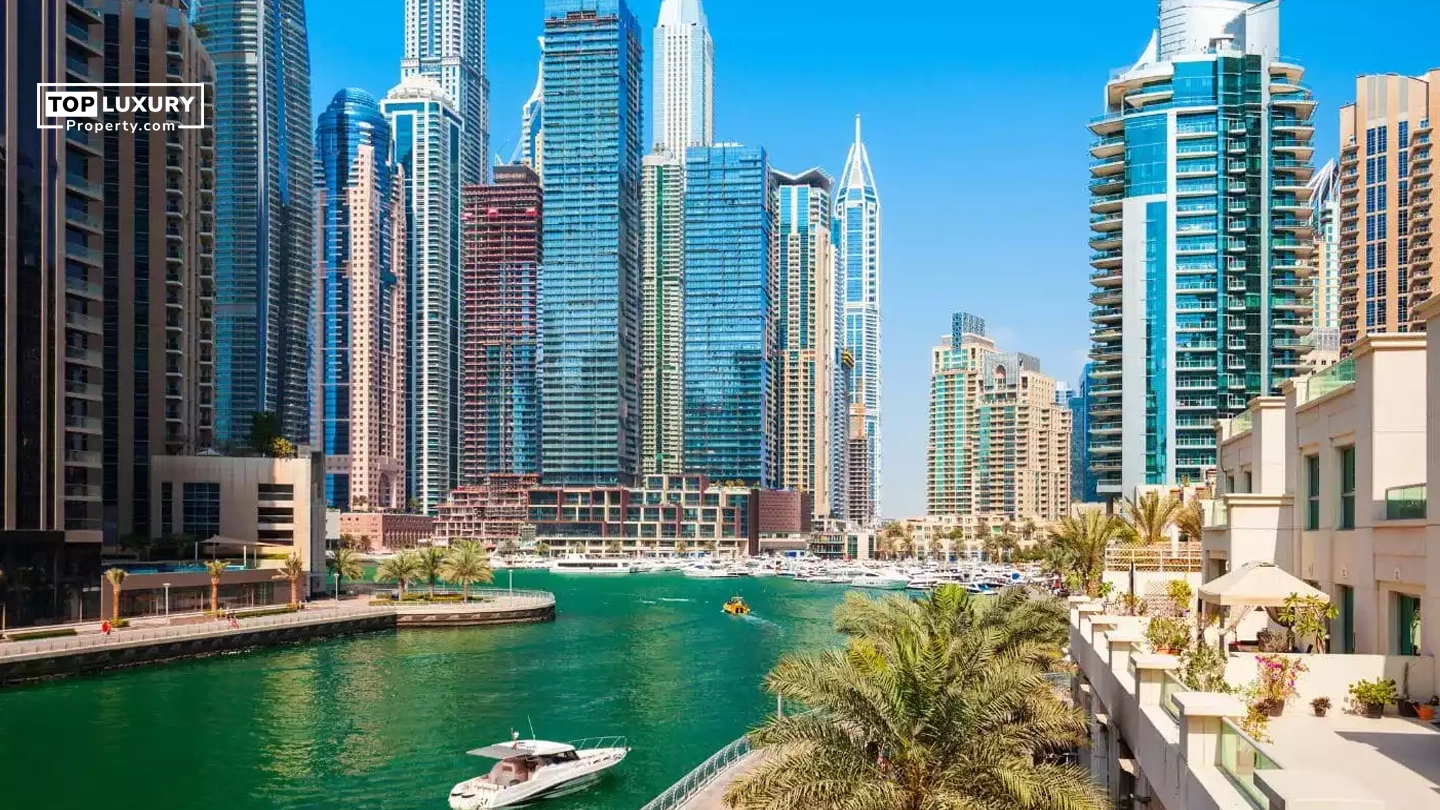The real estate world has changed a lot in the last few years, and one of the big stories is the massive progress Dubai and Abu Dhabi have made in terms of transparency. Both are now top global improvers in real estate transparency, a key factor in attracting investments, building trust, and developing the property sector sustainably. This post explains why, the role of government, and what it means globally.
What is Real Estate Transparency

Real estate transparency measures how open and efficient a market is. It clarifies the regulatory environment, legal processes, data availability, and how transactions can be done. Real estate transparency protects investor interests, prevents illicit activities, and supports market development.
In the Global Real Estate Transparency Index (GRETI) 2024, both Dubai and Abu Dhabi are among the top five improvers globally. The index by JLL assesses the transparency of real estate markets worldwide, with criteria including data availability, governance, and enforcement of anti-money laundering (AML) regulations.
Dubai ranked 3rd globally in the improvers list and 28th overall. Abu Dhabi improved four spots to 41st. Both have made significant progress in transparency through technology, governance and legal reforms.
Dubai Leads the Way in Real Estate Transparency

Dubai’s real estate market has always been one of the most popular in the Middle East and the recent transparency improvements have only added to that. Its transparency has made it the most transparent market in the Middle East and North Africa (MENA) region.
Here are the key factors that helped Dubai:
Digital Innovations: Initiatives like Real Estate Innovation Incubator and Dubai PropTech Group have driven technology, enabling stakeholders to access real-time data and better tools for decision-making. The integration of smart platforms like Dubai REST which offers services from land information to urban planning data, has changed the way real estate transactions are done.
Regulatory Framework: Dubai has implemented strict AML and beneficial ownership regulations, which has increased investor confidence. These frameworks prevent fraudulent activities and comply with international standards.
Government Initiatives: Government-led programs like the Dubai Economic Agenda (D33) has focused on creating an innovative tech-driven real estate environment. These initiatives keep Dubai competitive in the global market while adhering to high standards of transparency.
As a result of these advancements, Dubai now ranks within the “Transparent” tier, the only city in the MENA region to achieve this status
Abu Dhabi’s Progress
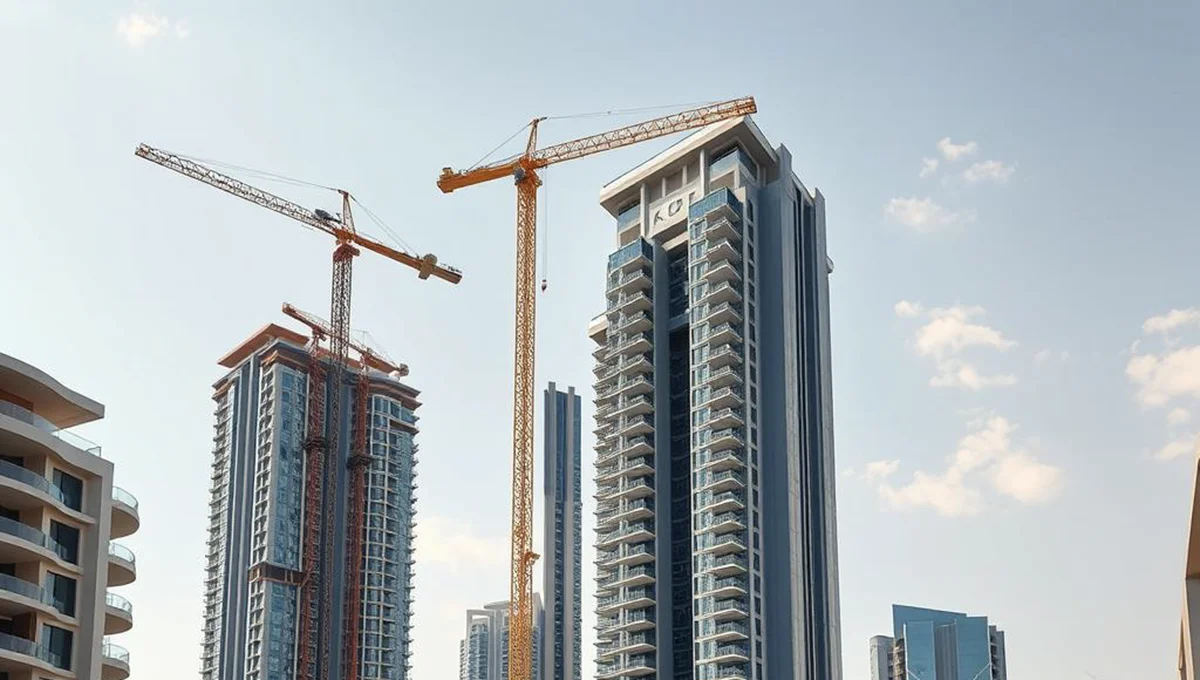
Dubai gets all the attention but Abu Dhabi has been quietly getting things done in the real estate transparency stakes. It’s moved up 4 places to 41st in the latest GRETI report and that’s largely due to its focus on using technology to streamline the real estate process.
Key areas of improvement:
PropTech and AI: Abu Dhabi has really got PropTech (Property Technology) working for it. The DARI platform, which offers digital services for sales, lease management and transaction databases, is a great example of how technology is being used to increase transparency.
Regulatory: Like Dubai, Abu Dhabi has also strengthened its governance, particularly in terms of AML regulations. It has modernised its legal frameworks to ensure real estate practices align with global best practices.
Market Data: One of Abu Dhabi’s main areas of improvement has been providing more data to established and new market participants. More data is now available to investors, developers, and buyers.
Abu Dhabi’s focus on sustainability has also added to its real estate appeal. Initiatives to integrate green building practices and energy efficiency align with global standards, which is good for foreign investors.
Investment and Market Trust
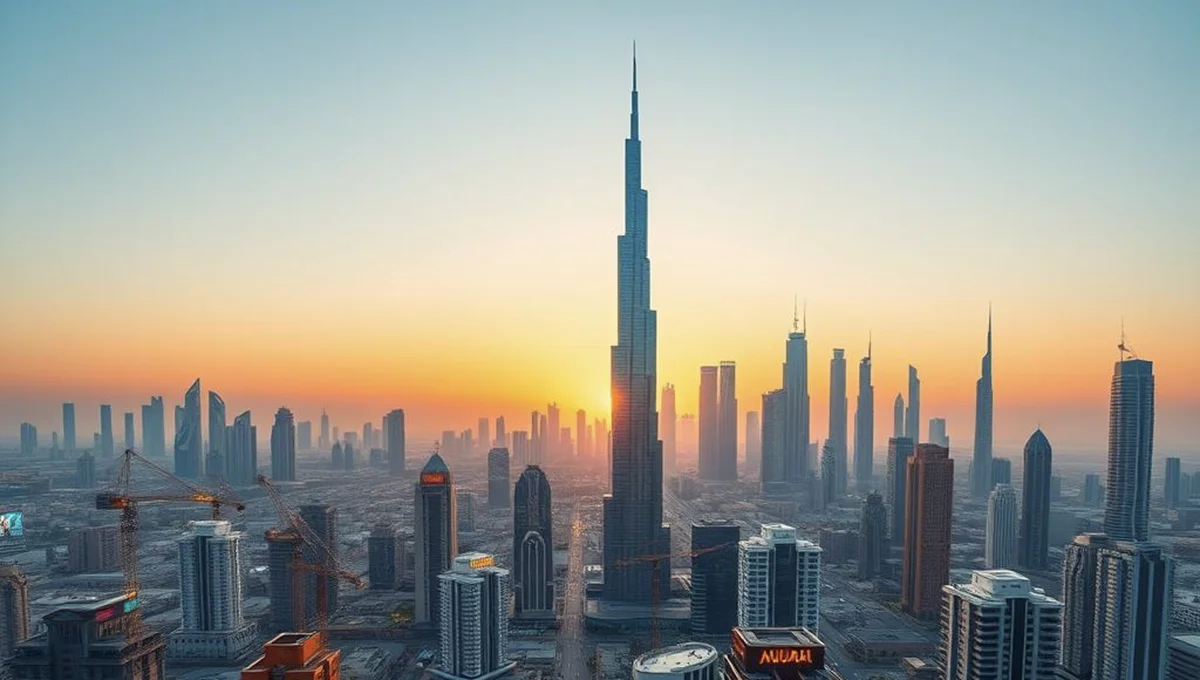
The impact of real estate transparency in Dubai and Abu Dhabi is far-reaching. Transparency means more investor confidence as it reduces uncertainty and clarifies market dynamics. For foreign investors, this is a key factor in deciding where to put their capital.
- More Foreign Investment: Both cities have seen a flood of foreign direct investment (FDI) as a result of the increased transparency. International investors are attracted to the new regulatory environment, streamlined processes, and more data.
- Market Confidence: Transparency has not only attracted investors but also boosted local developers’ and buyers’ confidence. Clear regulations and easy access to information have stabilised the market and reduced the risk of fraud and long-term growth.
Technology’s Role

One of the key drivers of transparency in both Dubai and Abu Dhabi has been technology. The adoption of PropTech, AI, and digital platforms has not only improved operational efficiency but also given stakeholders real-time access to market information.
PropTech: PropTech has streamlined transaction processes making them faster and more transparent. Platforms like Dubai REST and DARI are leading the way with comprehensive solutions that range from property registration to market tracking.
AI and Data Analytics: AI is being used to analyse large data sets, predict market trends and enhance decision-making. These tools give a competitive edge by providing accurate real-time insights into the market and increasing transparency.
Looking Ahead: Keeping Transparency Going
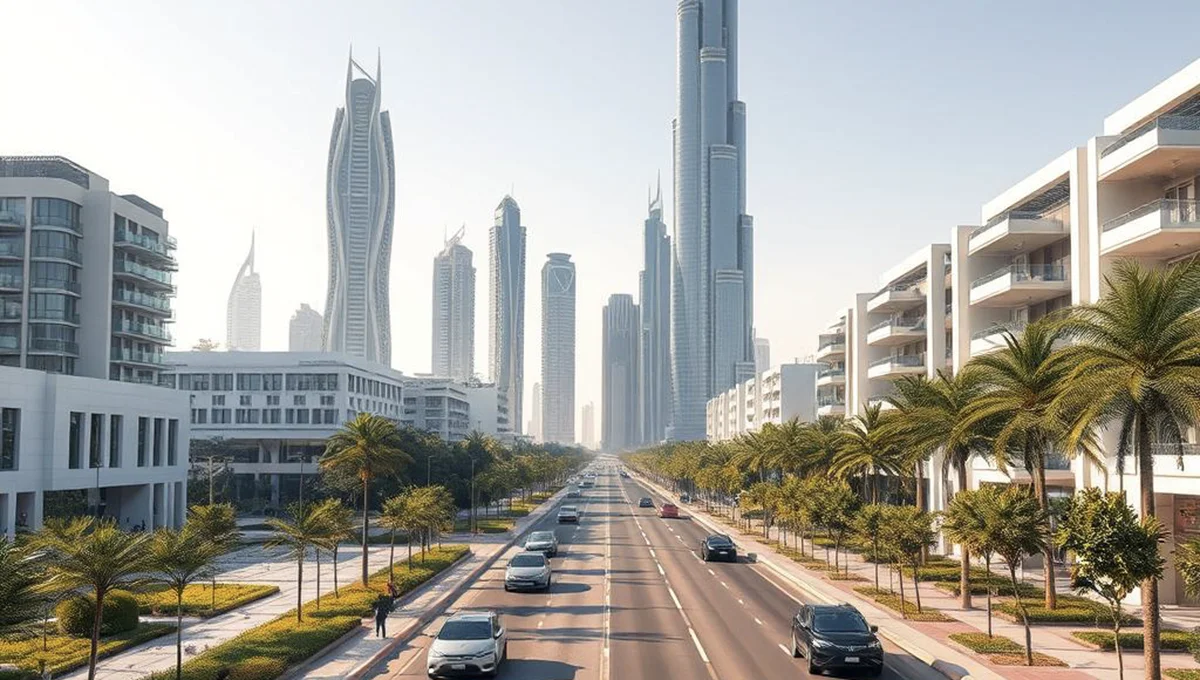
Dubai and Abu Dhabi have set the bar high for real estate transparency in the MENA region, but maintaining and improving transparency will require ongoing work. As the real estate markets in both cities grow, so must the regulatory frameworks, technology and data governance policies that support transparency.
Future areas to focus on:
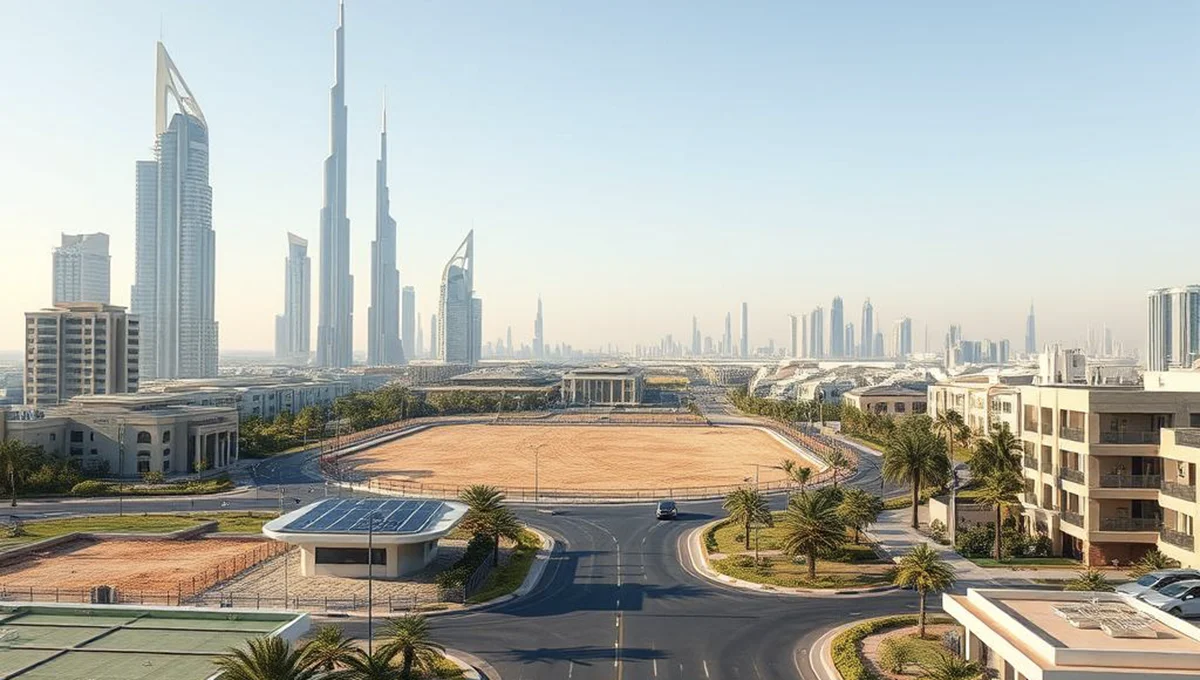
Digital Integration: Continuing to develop digital platforms and enhance them will be key to transparency. Future upgrades could include more AI-based analytics and blockchain for secure and transparent transactions.
Sustainability and Green Building: With sustainability becoming global, transparency in green building certifications and environmental regulations will be critical. Both cities could integrate sustainability metrics into their transparency frameworks and offer more clarity to investors focused on ESG (Environmental, Social and Governance) factors.
Global Benchmarking: While Dubai and Abu Dhabi have done well, ongoing benchmarking against top-tier markets like the UK, US, and Australia will help them keep improving. Regular updates to the GRETI index and similar assessments will be the roadmap for future improvements.
Conclusion
Dubai and Abu Dhabi have shown that with technology, regulatory changes, and government support, they can create open, efficient, and investor-friendly markets. They are the benchmark for other emerging markets to follow to increase transparency, attract investment, and grow sustainably.
Want to know about Dubai & Dubai Real Estate Market - Follow us on Instagram



